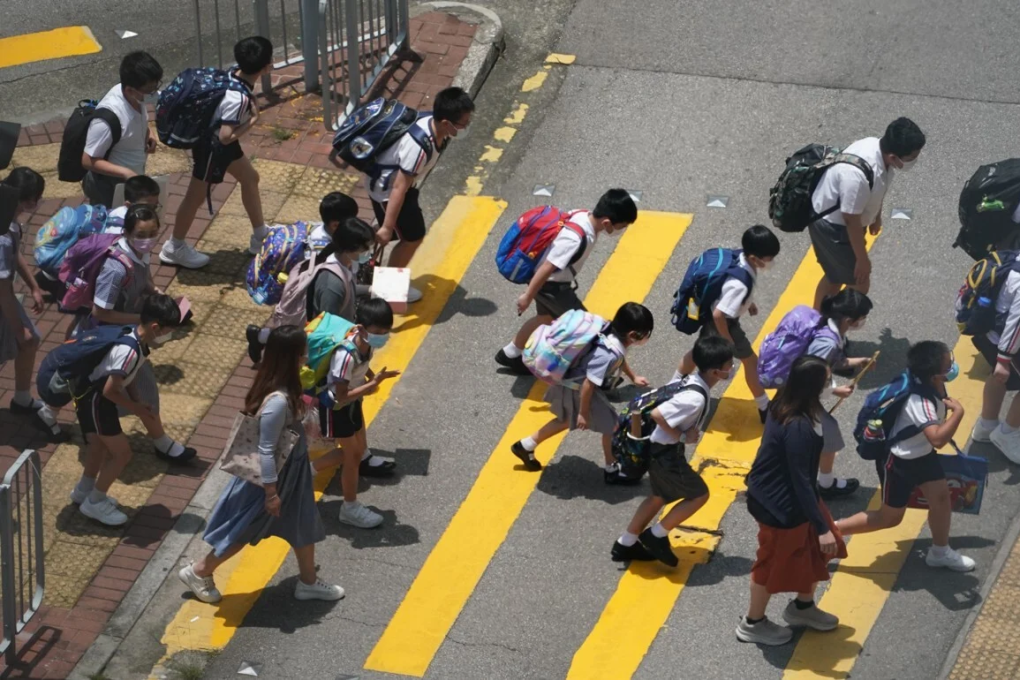Survey reveals issues that should not be overlooked
- Researchers have found that life satisfaction and health levels of Hong Kong children are below the international average. The results should not be ignored in future child development policymaking

The ranking of children against international benchmarks can be a useful reference for researchers. Recent studies here and abroad may need to be seen in the context of the coronavirus pandemic with its disruption of normal family and educational structures. An example may be the city’s participation for the first time in the World Health Organization Health Behaviour in School-aged Children (HBSC) survey, in which Chinese University researchers gathered data from more than 5,300 pupils aged 11, 13 and 15. They found that the life satisfaction and health levels of Hong Kong children are below the international average, and pointed to lack of exercise and difficulty in communicating with parents as key factors.
To put this in a wider perspective, a survey by the University of Hong Kong in August found that about 75 per cent of the city’s residents were showing signs of moderate to severe depression after social unrest followed by the pandemic.
As more contemporary data comes in from elsewhere, Hong Kong’s scores may not look so bad by comparison. But the results should not be ignored in future child development policymaking.
The survey found pupils from well-off families scored much higher in terms of life satisfaction and self-rated health. Only 15.5 per cent of children in the city rated their health “very good”, compared to the 36.3 per cent in the HBSC average, while 39.8 per cent reported feelings of depression. The Hong Kong survey also found children had abysmal exercise rates. Children who felt they could rely on their families for support scored better, with researchers pointing out that reliance on foreign domestic helpers by busy families did nothing for parent-child communication.
The Education Bureau said it was promoting parents’ participation in their children’s education through schools, stressing they also had a role to play in pupils’ happiness.
The concerns exposed by the survey are not confined to Hong Kong children. It is only to be expected that in this city’s crowded environment they would be felt more keenly during a pandemic. But it costs nothing for officials and policy advisers to reflect on the survey’s findings, and whether the coronavirus has highlighted issues that should not be overlooked in long-term planning.